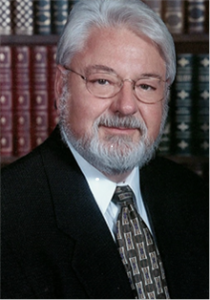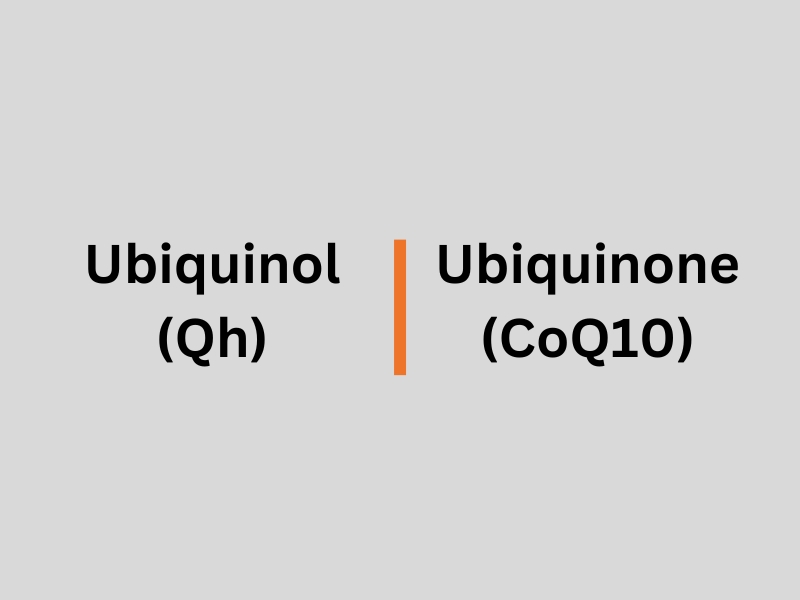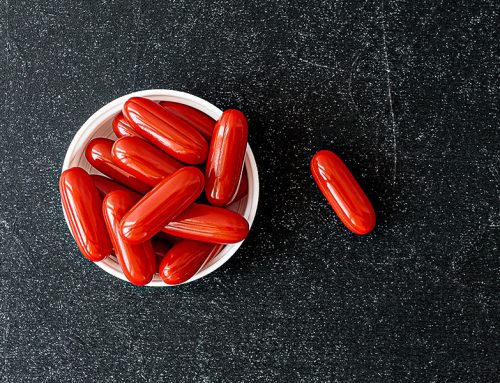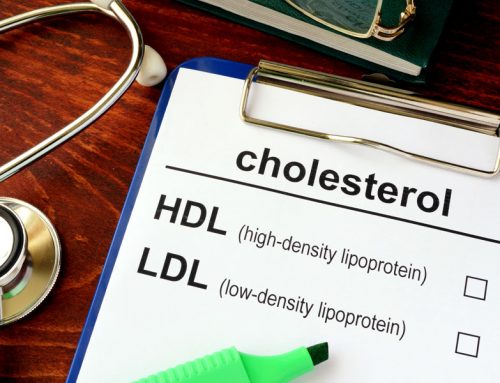
Dr. William V. Judy, himself a 16-year survivor of a heart attack, takes 200 mg a day of a ubiquinone Q10 supplement. The normal life span for Class IV Chronic Heart Failure patients is 7 years when taking conventional therapy only.
Coenzyme Q10 in its ubiquinone form? Or in its ubiquinol form? Which form is best? And why is one form the better choice? It is the question that doesn’t go away.
Difference between Q10 searches in Medline and Google
When I look at Medline for reports of randomized controlled trials (RCTs) showing the effects of Q10 supplementation, I find mostly studies using the ubiquinone form. It is the well-documented form.
When I use Google to look for new information about Q10 supplements, I find more claims than I find reports of research results. In Google, the ratio of ubiquinol claims to ubiquinone claims is much higher than the ratio of ubiquinol-to-ubiquinone research results is in Medline. That is strange.
Best to consult Dr. Judy about Q10
At which point, I think to myself: I had better touch base with Dr. Judy on this question. In his career, Dr. Judy has done basic research and clinical research on Coenzyme Q10, and he has been worked as an educator and as a consultant in the Coenzyme Q10 field. His frequently referenced 2007 paper entitled “Coenzyme Q10: Facts and Fabrications” remains very relevant to an understanding of the ubiquinone-ubiquinol controversy.
A Q10 interview with Dr. Judy
I put the following questions to Dr. Judy, and I am happy to report his answers here.
Editor. … Dr. Judy, thank you for taking my questions. May I ask, which form of Coenzyme Q10 are you currently taking?
Dr. Judy. … I am still taking the ubiquinone form. I have not seen any serious research results to make me think differently.
Editor. … Why are we seeing so many claims for the reduced form, the ubiquinol form, without much scientific documentation at all?
Dr. Judy. … Yes, seeing so much money spent making marketing claims for ubiquinol instead of spent doing research has puzzled me. I have not seen anyone reporting the results of big randomized, double-blind, placebo-controlled studies of the effects of ubiquinol.
Editor. … Nor have I. I have been impressed by ubiquinone studies like the Q-Symbio study (420 heart failure patients enrolled) and the KiSel-10 study (433 healthy elderly participants). But there has been nothing comparable with ubiquinol that I know of.
Dr. Judy. … Things have gone in reverse order with the ubiquinol form. The marketing claims have come out in advance of any research results. It should be the other way around. Research first, marketing afterwards.
Editor. … I suppose that is a question of where the producers want to put their money. I admire a producer who puts his money into a double-blind study.
Dr. Judy. … Right. Of course. In a double-blind study, neither the researchers nor the patients know who is getting the real stuff and who is getting the placebo until the seal is broken on the code at the end of the clinical trial.
Editor. … The producer is putting his product on the line. It could happen that the product does not produce statistically significant results.
Dr. Judy. … And I don’t think, in the Q-Symbio study and the KiSel-10 study, that the producer could have gotten the researchers to bury the results if the results had not turned out the way that the producer wanted.
Editor. … I don’t either. The researchers would have wanted to publish their results either way. They would get a publication out of the study whether the outcome was good or bad for the Q10 supplement producer, right?
Dr. Judy. … That is how I understand those studies. And, before I switch from the ubiquinone form – which is well documented – to the ubiquinol form, I want to see some convincing studies of the ubiquinol form.
Editor. … Shouldn’t that be possible?
Dr. Judy. … Possibly. Let’s see. Maybe, in a big study, ubiquinol can be seen to be absorbed better and to have better effects than ubiquinone. But, I have to say, at this point, I am doubtful.
Editor. … Why is that?
Dr. Judy. … Well, in my lab here in Indianapolis, I have been doing some small studies, and, so far, my results show that a well formulated ubiquinone supplement will be absorbed as well as or better than a ubiquinol supplement.
Editor. … What makes that possible, do you think?
Dr. Judy. (chuckles) … Well, I think I know what makes it possible. The ubiquinone Q10 supplement needs to have these properties:
- needs to be of a pharmaceutical grade
- needs to be formulated so that the crystals are dissolved at body temperature
- needs to be absorbable as single molecules
- needs to have a carrier to get it to the absorption cells
And the best ubiquinone supplements … there are not many of them, and they are more expensive … the best ubiquinone supplements can and do meet these requirements.
Editor. … Thank you for telling me these four requirements for absorption. Can I get you to sum up where we stand on the issue of ubiquinone versus ubiquinol supplements?
Dr. Judy. … Well, it is clear to me that if you take a ubiquinol supplement, the ubiquinol will be converted to ubiquinone in the stomach and duodenum. So I fail to see the point of taking a more expensive, less stable, and less researched ubiquinol product.
Editor. … There is a marketing claim that older people may have an easier time absorbing ubiquinol, isn’t there?
Dr. Judy. … Yes, I have seen that claim. I think it is exaggerated. I think that the claim can be true only for a very small proportion of the population in the United States. The thing is, we have seen significant results in ubiquinone absorption and effect in elderly people in the KiSel-10 study.
Editor. … What research topics especially interest you at this stage of your career?
Dr. Judy. … Well, at a basic level, I am very interested to know how the Q10 gets from the blood into the cells. There must be some sort of carrier mediating the process, some sort of lipid-coupled transport. I would love to know precisely.
Editor. … And clinically?
Dr. Judy. … Ah, there I have to say, knowing ubiquinone Q10’s role in energy synthesis, that I would like to see more work with chronic fatigue syndrome patients. … And … of course, … like everyone else, I am very interested to see more work on the effects of Q10 supplementation of patients with statin-associated myopathy.
Editor. … Thank you, Dr. Judy, for giving us the benefit of your thinking. For now, I will continue with my Q10 supplement in the ubiquinone form.









Leave A Comment